Some shows, like Game of Thrones, are only great so long as they stick to their source material. Others succeed by respecting the lore and cannon of a beloved novel or comic, but tell an original story in that universe. HBO’s Watchmen is the pinnacle example of this; however, the first season of The Boys may be the only show that succeeded precisely by not being like its source material.
The Boys comics shares Watchmen’s premise of exploring an alternative reality where superheroes are real; but whereas Alan Moore considered this premise richly, and opposed the concept of superheroes on philosophical grounds — against the worship of power and great man theory of history — that isn’t so for Garth Ennis. The Boys is just his emotional, visceral revenge on the genre, showing superheroes doing the most horrific, immoral, depraved things for the sake of it, story be damned. Reading it, you’d swear Ennis must have been cucked by Stan Lee.
For the TV adaptation, showrunner Eric Kripke took the core premise and trappings of The Boys and built an actual plot around it, keeping some of the extremity but using it in a more interesting, thoughtful way. As such, The Boys became a satire of celebrity culture, cultish evangelicals, corporate “wokeness,” dumb right-wing political TV and of course superhero movies. The debut season was about a misfit group of antiheroes banding together to try and take down the “supes” who harmed them, and given that these superheroes seem unkillable, they have to get their hands very dirty in the process. It was funny, tense, really well-written and had an incredible cast of characters — from Jack Quaid’s everyman Hughie, to Karl Urban’s gravelly, hyper-masculine Butcher, Erin Moriarty’s innocent, optimistic Starlight and Antony Starr’s terrifying evil Superman, Homelander. It was still over the top, but only in plot-motivated, shocking moments, so they hit hard. The opening death of Hughie’s girlfriend remains as shocking as when I first saw it.
In short, it wasn’t just fantastic television, but significantly better than its source material. But that isn’t true anymore. As we end season four, whose finale released Thursday morning, the show now shares the same flaws as its inspiring text. With each season, they’ve tried to push the gore and debauchery to new heights, regardless of whether it has any purpose in the plot, and now it’s just tiresome.
A mid-season episode ended with one of the most horrifying images in the entire run of the show, but it’s the cap of a scene that just exists solely so that Homelander can be sadistic, against random people who are there just to be torn apart, and otherwise has no point in the plot. It’s empty, pointless gore, and you feel dirty having watched it; just as you do watching a kink-centric, sexual-assault sequence. Why does the scene happen? To offend you of course! To outrage! To shock! Are you triggered? Like edgelord humor or many of the jokes on the new Eminem album, The Boys thinks it’s provocative, but is really just boring and stupid.
The great shame of it all is that season four had real potential. Whereas the second and third seasons were exercises in narrative wheel-spinning, season four asks, “How do you stop an assassination attempt on the president-elect, when superheroes are trying to do it, and the smartest person on Earth has planned it?” Not only that, but their chosen assassin is a shape-shifter, who steals the memories of the person it imitates, meaning the killer could look like anyone. That’s an awesome premise — almost a reverse-role heist plot, with the leads trying to stop the crime rather than commit it — but it’s handled terribly.
Most of the eight-episode run is spent dithering on various side plots, padding out the run time, and when they finally hit the premise in the final two episodes, it’s done in the most basic, thoughtless, generic way. It’s not dramatic, clever or tense, and the finale is spent with people standing in various dark concrete rooms, watching things on TV or talking, with the occasional interjection of CGI-rendered gory violence.
If you liked the season’s meandering side plots, then maybe this would be fine, but they’re not fun or interesting. In this season, Frenchie confesses to past crimes and goes to jail, Kimiko fights a gang tied up in her past, Butcher sees dead people, The Deep has relationship issues with his Tilda-Swinton-voiced octopus girlfriend and Hughie reconnects with his mother during a family health scare — and all of this could have been cut. These storylines are pure padding, added to fill time for a few episodes and then dropped after, having no impact on the story or the characters. Oh yeah, and that shapeshifter? Used to emotionally screw with Hughie, and then punch people. Brilliant.
For some reason, the writers have changed Hughie from audience stand-in to comic punching bag, putting him through various circles of emotional and sexual hell because… they can? Because they want to be shocking and couldn’t get away with treating a female character like this? He’s sexually assaulted multiple times in this season, and the most graphic example is treated as humorous, whereas another is just another fun turn of the plot, and his girlfriend blames him for being assaulted. Hughie isn’t getting stronger from going through all this trauma, or standing up for himself more, and nor is he being broken by the horrors he’s going through. He’s just basically the same, and the scenes are completely pointless.
A-Train gets a great arc this season, and Newman had a relatively good one until the finale, but otherwise, all the main characters are handled pretty poorly. Starlight is just randomly unable to use her powers out of plot-convenience impotence; Homelander deputizes basic tasks to minions who will obviously fail, and otherwise acts like an unstable moron; and the new supe, Sage, is the latest “smartest person in the world” character whose intelligence is limited by a TV show’s writers. Rather than actually having clever plans, she instead does a few vague things, and then says “Everything that happened was my grand plan this whole time.” How convenient! Writing this lazy is an insult to the audience’s intelligence.
Given the recent assassination attempt on President Trump, Amazon Studios deliberated about how to handle the release of the episode, ultimately renaming the episode from “Assassination Run” to “Season 4 Finale,” and putting out a statement saying that they opposed real-world political violence, that this wasn’t based on anything in reality, and hoped this would diffuse some frustration. Even for an edgy show, reality got a little too close to fiction for their comfort, but they really needn’t to have as the whole episode feels so hollow and disposable.
The Boys ends next season, but I have no reason to think the imminence of an ending will set things right. It’ll just be more dumb side-plots, more threads that won’t get wrapped up, and more hollow blood, guts and debauchery. They’ll think it’s shocking. In reality, it’ll be boring. But at least we can just rewatch that great first season.



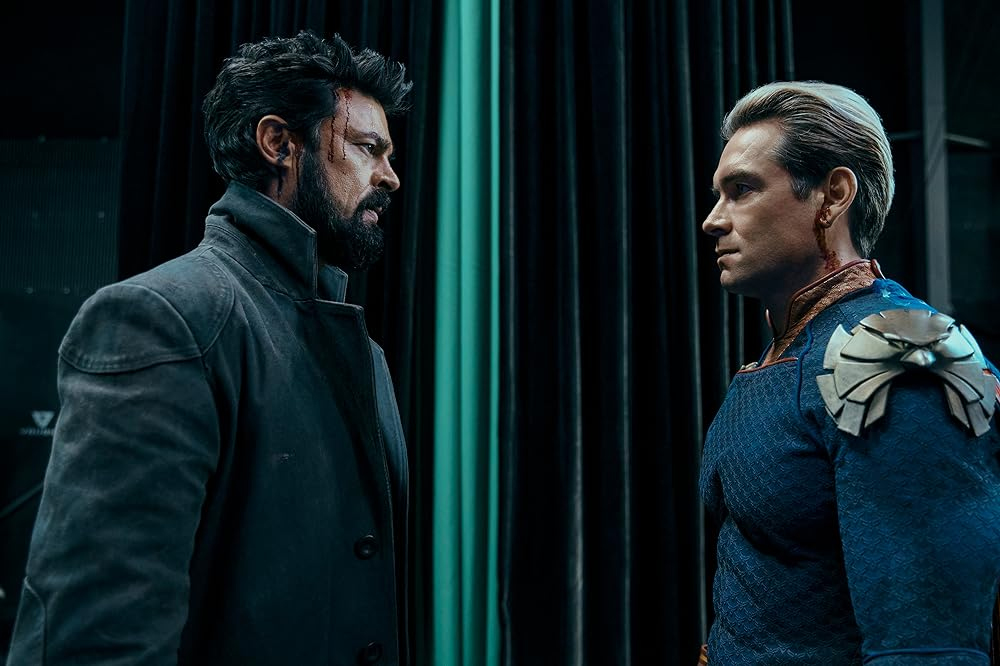




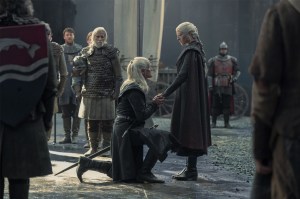

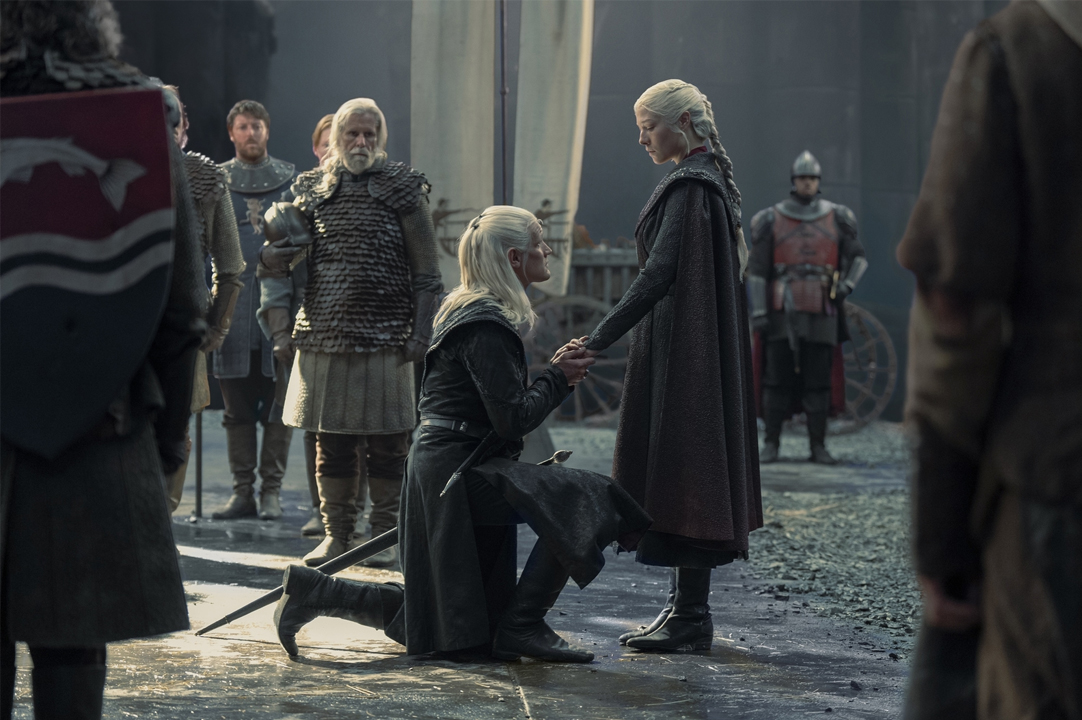
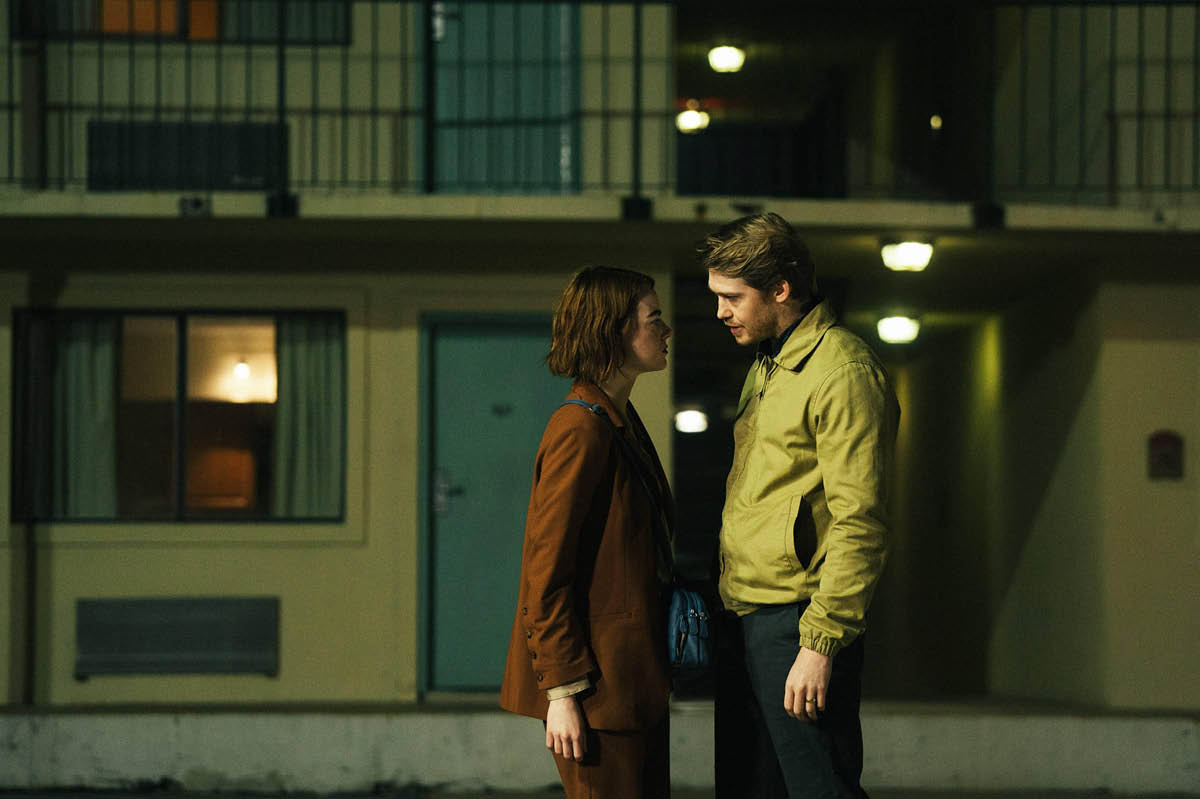
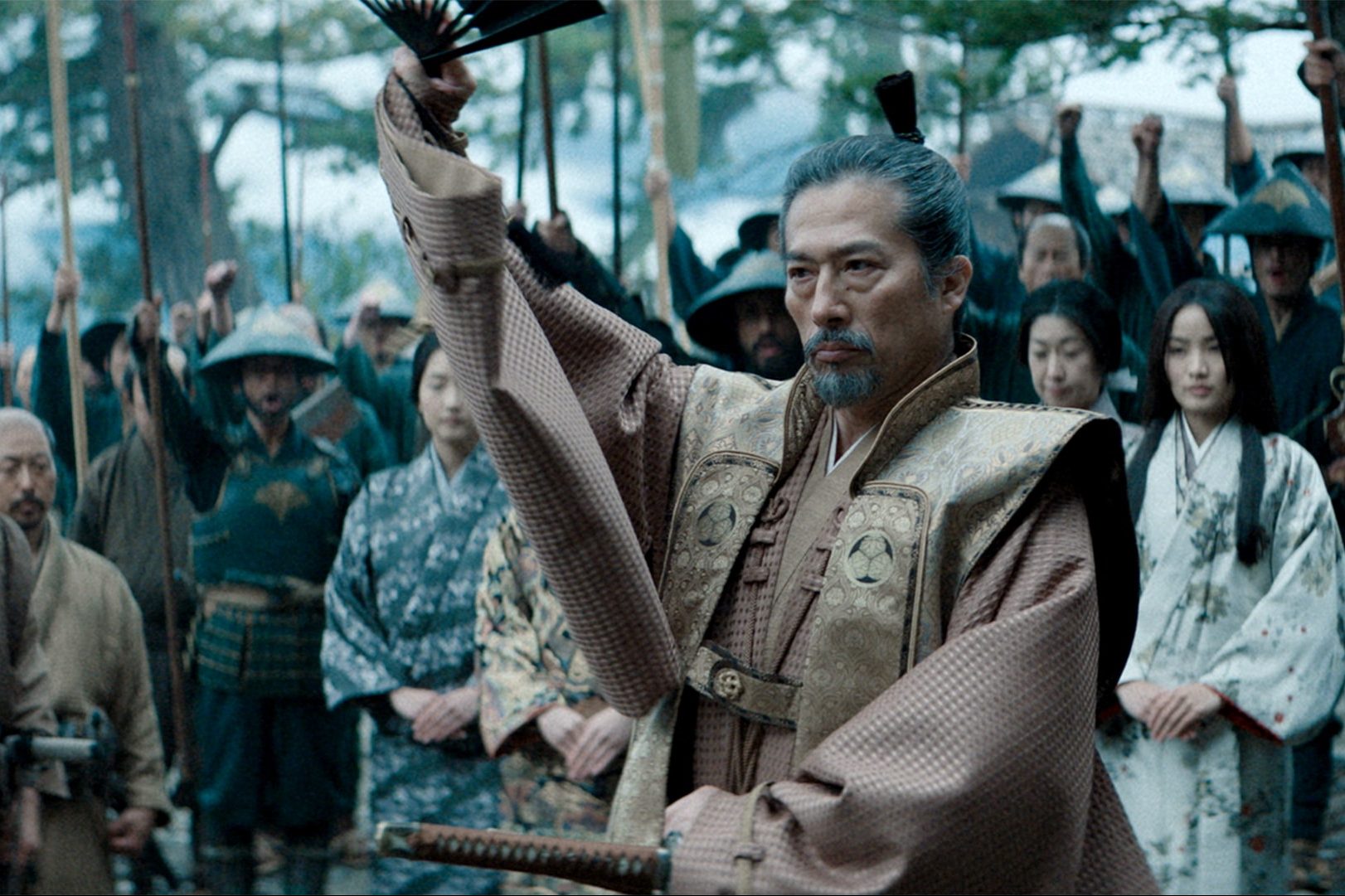
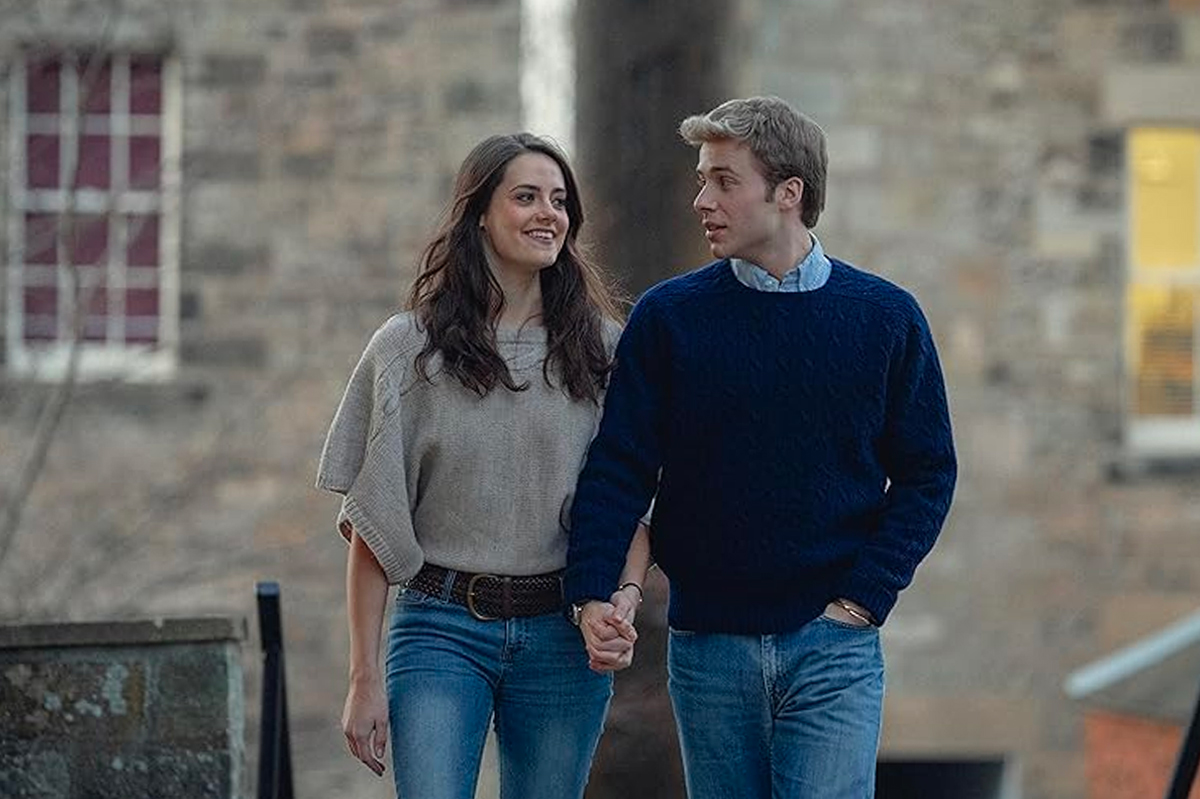








Leave a Reply